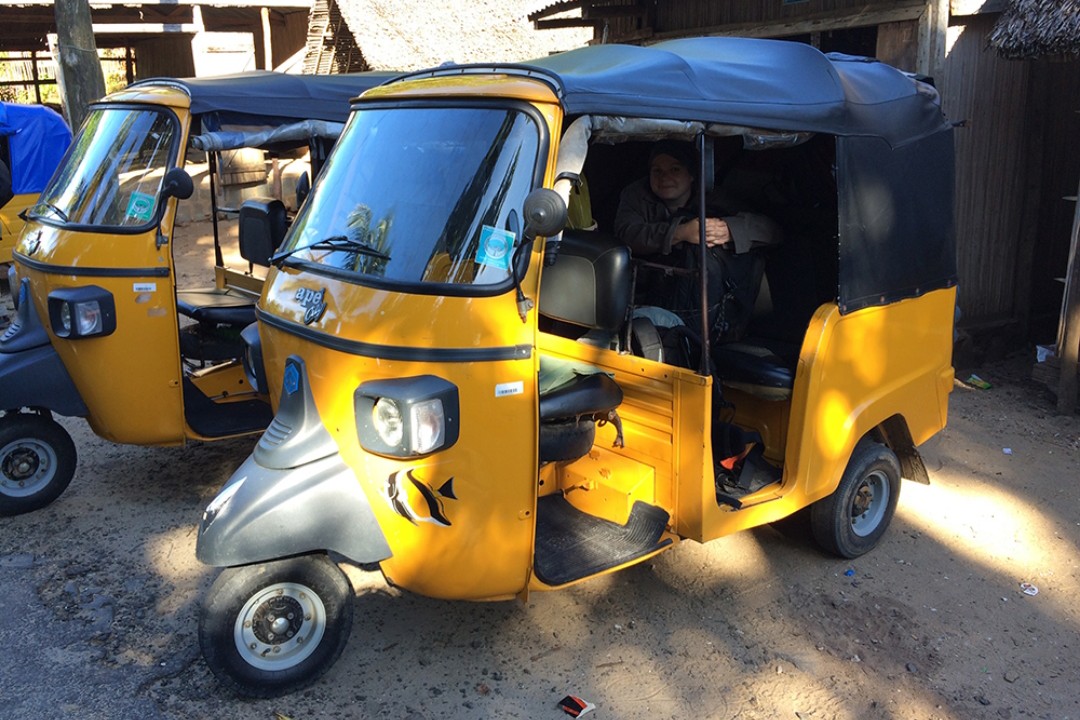President Yoweri Museveni has said that government will in the near future phase out boda bodas from Kampala’s Central Business District to encourage other means of transport that carry a bigger number of passengers. This, he said would deal with congestion in the city.
The President was speaking at the launch of civil works for Kampala Flyover project at Nakivubo Blue Primary School.
“We need to gradually phase out boda bodas that carry only one passenger for tricycles and buses that carry more,” Museveni said.
He attributed congestion to Kampala dwellers, travelers who transit through the capital, and heavy cargo, saying this will be addressed by getting cargo off the roads to railway and waterways.
He also revealed plans to expand the existing road that connects Busega to Mpigi and establishing another flyover.
The Representative from JICA who are the financiers for construction of the Kampala flyover said that the flyover will improve traffic flow in Kampala.
“Motorists will connect from Jinja Road to Queens Way in 5 minutes as opposed to the current 45 minutes and drive at 50kmph up from the current 14kmph,” he said.
Many of the officials who spoke at the launch on Wednesday underscored the need to alleviate the traffic congestion which they said has a negative impact on the cost of doing business and the economy in general.
The debate on banning boda bodas from Kampala’s central business district has been a long-standing one, driven by concerns on the recklessness in riding, poor regulation and recently, insecurity. Despite the emergence in the Ugandan market of technology – driven services like Safe Boda, Taxify, Uber and Dial Jack among others which are considered to be better regulated, majority of Ugandans still rely on boda bodas as a means of convenient transport.
There are an estimated 100,000 boda bodas doing the transport business in Kampala metropolitan alone.
Going by the President’s pronouncement, Uganda will be the latest to join African countries like Tanzania, Ethiopia, Nigeria, Ghana, Liberia and Sudan where the tricycles have become popular means of mobility in the capitals.

In many of these countries, the tuk-tuk has been credited for reducing motor accidents which previously were brought about by the motorcycles.
The three-wheelers are tightly regulated when it comes to following the highway code and the number of passengers they can carry, meaning accidents have been cut drastically. Not only do the tuk-tuks move at slower speeds than the motorbike taxis, their sheet-metal frames offer more protection.
There are already a number of tuk-tuks on the streets of Kampala, but their existence has previously sparked controversy. In June last year, Minister for Kampala, Betty Kamya directed that the three-wheelers be banned from operating in Kampala.
“These tuk-tuks are operating illegally because they are only licensed to shuttle merchandise in industrial areas. Their existence in the transport business has bred competition among motorists which has caused clashes on several occasions,” the minister told the press in 2017.
She was criticized by the tuk-tuk operators who said their business was far orderly than the ordinary boda bodas.
Weeks later, the Minister’s directive was rescinded by President Museveni who said the tuk-tuk had brought sanity in the city transport.










